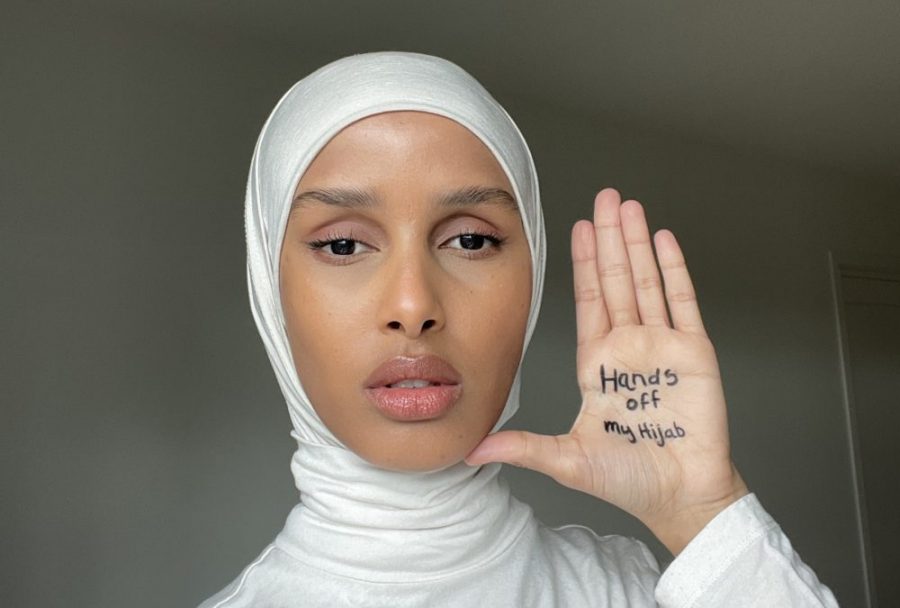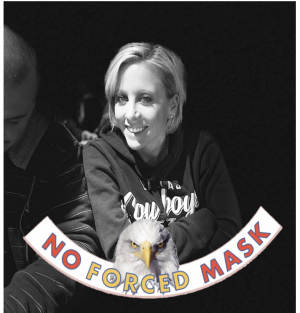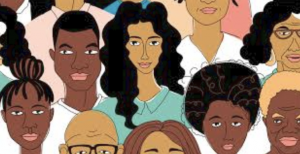France Creates a Hijab Ban
An image of Rawdah Mohamed, wearing a hijab, holding up her hand with the saying “Hands off my hijab”.
April 20, 2021
On March 30, the French Senate voted in favor of legislation that, if passed, would ban all Muslim minors from wearing hijabs in public spaces. The legislation may also prohibit Muslim women from wearing burkinis, or full-coverage swimsuits, in public pools. To add, ban hijab-wearing mothers from going on school trips with their children. This amendment was introduced by the right-wing party of France called Republicans. Many people believe the introduction of the legislature was merely an attempt for this conservative party to align more voters into their already dying party. This directly targets more than four million Muslims living in France (nytimes.com).
Many activists have criticized this event in French legislation as an act of Islamophobia. Although the law still needs to be approved by France’s National Assembly before it is in effect, this is not the first piece of legislation that has gone against Muslims within France. In 2010, France was the first Western country to ban full-face veils in public. To add, they started a debate over Banning headscarves and coverings in general. At the time, there was much controversy, but the law is still in effect (euronews.com). It has also been illegal since 2004 for French children to wear hijabs or head scarfs in French public schools.
The latest proposal in France is based on “anti-separatism”; anti-separatism aims to show a country’s secular values. The president of France, Emmanuel Macron, felt that the hijab was not in accordance with French ideals of liberation. She feels that “ a ban on face coverings empowers women”. He also feels that some religious clothing shows lower status for women than men (euronews.com). Rahaf Ibrahim (11), analyzes this point and says “France says that the hijab does not reconcile with their ideology. I raise the question of how a piece of cloth can go against an ideology because we all know it’s not the cloth, it’s the religion behind it. It’s a disgusting ban that infringes on freedom of the people”
This legislation has triggered national, and international, outrage all over social media mainly. it has started the #handsoffmyhijab movement. People all over the world are speaking out on the Islamophobia that this law presents. This is due to the legislation directly targeting France’s minority Muslim women population. One of the leading activists of this movement is Rawdah Mohamed, is a model in France who has been speaking out against this and fueling the movement to fight islamophobia in France. She started the #handsoffmyhijab by posting a powerful image on her Instagram (attached) and has gone on to speak on news channels and all over social media. She says “women like me have always been ignored. If we are not going to be invited to the conversation I am going to just take up the space and speak my voice” (wbur.com).
Islamophobia, a clear part of France’s legislation, has been an extremely controversial and upsetting event in the public eye. The Muslim community has faced a great range of oppression through legislation and society’s ideals that continue, even into modern times. It is important to be aware of the changes in the world that may not affect you, or do, to understand how the world is constantly moving forward and backward.









































Fiona Salisbury • May 14, 2021 at 9:35 PM
It’s terrible that France would consider passing this. Thank you for bringing attention to this global issue.
Emma Perron • May 9, 2021 at 7:06 PM
Great job writing this article. I think it is crazy problems like this happen for religious people. I am glad you wrote about this issue. Good job.
Suhani Bhanvadia • Apr 27, 2021 at 8:59 PM
Great article, Karina! I hate how we still see issues like this. It shouldn’t matter if someone chooses to wear a piece of cloth to represent their beliefs. Even if we think it doesn’t apply to us, it is so important that we talk more about issues like this and bring about awareness/change.
Kayden Mandley • Apr 25, 2021 at 9:56 PM
This is a very well written article, Karina! This is also such an important topic that needs to be discussed. Awesome job!
Sharon Sun • Apr 24, 2021 at 4:24 PM
Hey Karina, it’s great that you wrote an article on this issue. I personally agree that this hijab ban infringes more on the freedom of religion of the French people, since the hijab is a major aspect of Islam and is worn by its followers for the religion and not only to wear a cloth. Great writing!